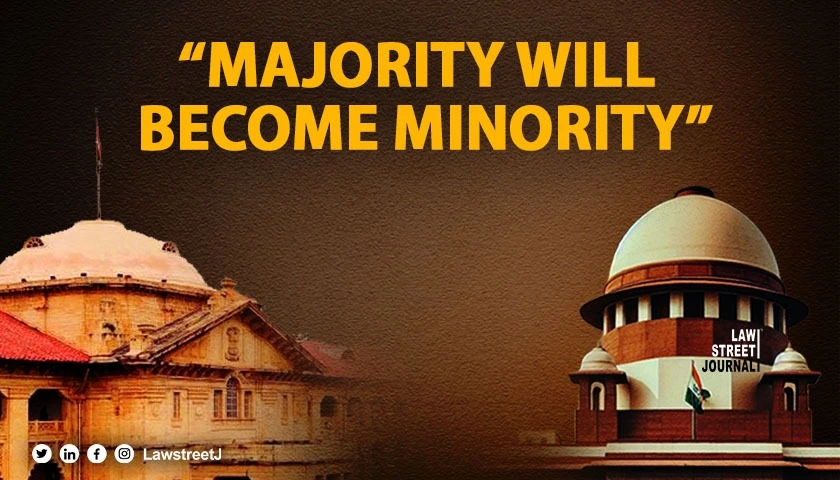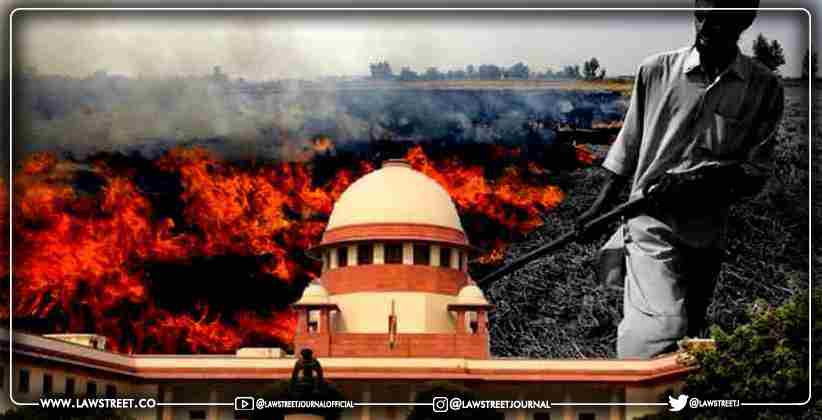NEW DELHI: The Supreme Court on Friday virtually wiped out the Allahabad High Court's recent observation that the majority in the country will become minority if religious congregation for conversion was not stopped.
A bench of Chief Justice of India D Y Chandrachud and Justice Manoj Misra felt that the observation was not required in a bail matter and would not be used in any proceedings by any court in the country.
"We clarify that the general observations made by the High Court had no bearing on the facts of the present case and were, therefore, not required for the disposal of the case. The observations, therefore, shall not be cited in any other case or proceeding in the High Court or in any other court," the court.
The court's clarification came after a counsel for the accused petitioner asked it to expunge the remarks in the matter.
In the case, the bench confirmed its August 27 order for release of the petitioner, Kailash on bail since he was in custody May 21, 2023 and a charge sheet had already been filed.
The FIR was registered against the petitioner for offences punishable under Sections 3 and 5(1) of the Uttar Pradesh Prohibition of Unlawful Conversion of Religion Act, 2021 and Section 365 of the Indian Penal Code, 1860 at Police Station Maudah, District Hamirpur, Uttar Pradesh.
The High Court had on July 1, 2024 declined bail plea by the petitioner.
It had said there are serious allegations against the applicant by the informant that her brother, along with several others, were taken from their village to attend a gathering in New Delhi and converted to Christianity.
Also Read : Bail application rejected for accused in forced religious conversion case: Karnataka HC
Accused Kailash had then allegedly assured complainant Ramkali that her mentally ill brother would receive treatment and return within a week.
Justice Rohit Ranjan Agrawal had said in his order, "It has come into notice of this court in several cases that unlawful activity of conversion of people of SC/ST castes and other castes including economically poor persons into Christianity is being done at rampant pace throughout the State of Uttar Pradesh.”
The single judge had added if this process is allowed to be carried out, the majority population of this country would be in minority one day, and such religious congregation should be immediately stopped where the conversion is taking place and changing religion of citizen of India.
"It is against the Constitutional mandate of Article 25 of the Constitution of India which does not provide for religious conversion, it only provides freedom of conscience and free profession, practice and propagation of religion," the HC had said.







![Order to appoint One Man Committee of Justice (Retd.) Lokur for the Prevention of Stubble Burning Kept in Abeyance by SC itself [READ ORDER]](/secure/uploads/2020/10/lj_8849_Order_to_appoint.jpeg)







